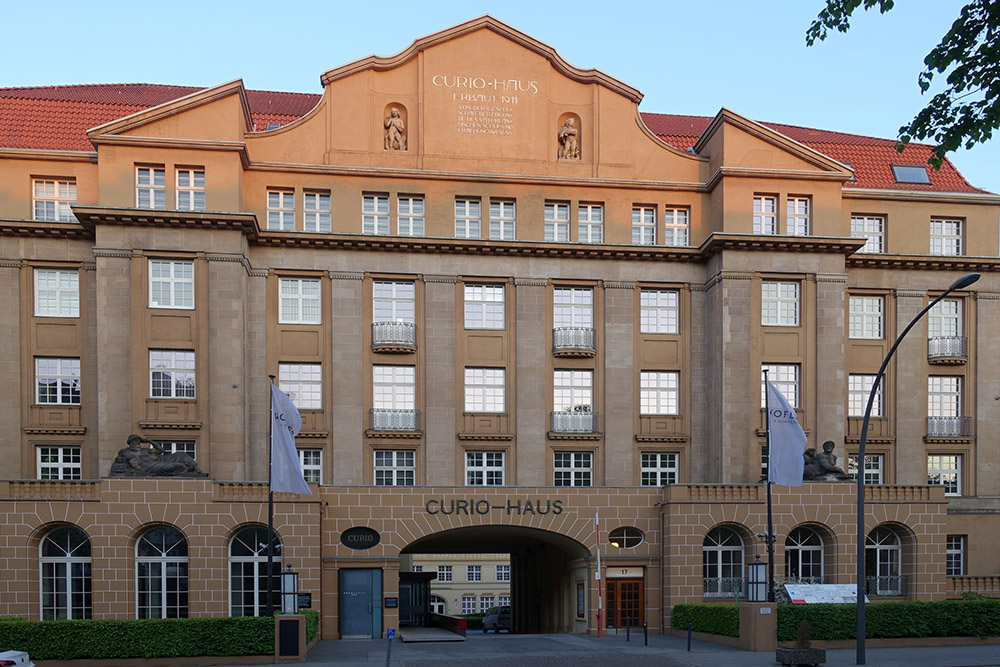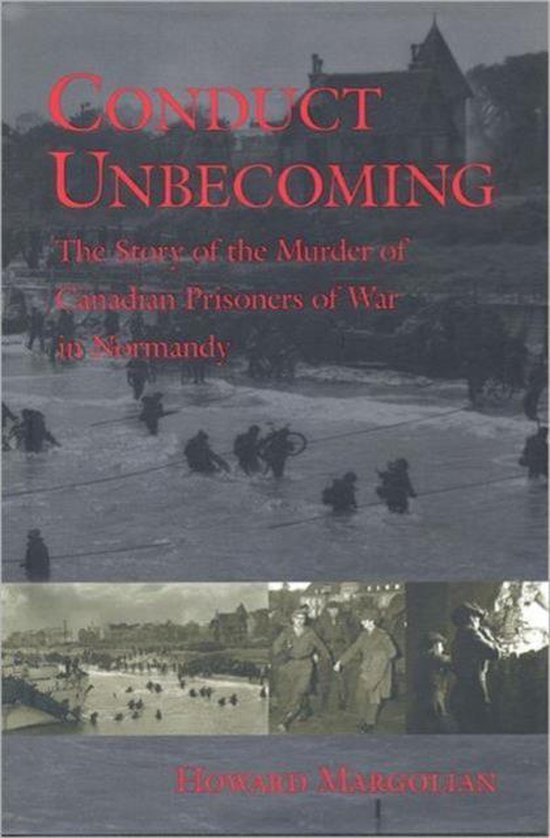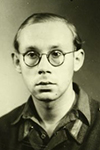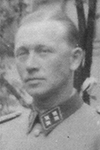Curio-Haus
The Curio-Haus was built between 1908 and 1911. Following the end of World War II, the Curiohaus in Hamburg became a pivotal site for British military tribunals investigating Nazi war crimes. From 1946 to 1948, its main hall—remarkably spared from wartime bombing—was transformed into a courtroom where justice was pursued for atrocities committed in German concentration camps and their satellite facilities.
These proceedings, collectively known as the Curiohaus Trials, were among the earliest efforts to hold individuals accountable for crimes against humanity. They were part of a broader Allied initiative to prosecute war criminals beyond the high-profile Nuremberg Trials.
Neuengamme Main Trial
Often referred to as the Curiohaus trial, though it was only one among many, the Neuengamme proceedings focused on SS personnel responsible for crimes at the Neuengamme concentration camp near Hamburg. The trial exposed horrific abuses, including the systematic mistreatment of prisoners, forced labor under lethal conditions, and the murder of Soviet POWs using poison gas.
Ravensbrück Trials
Seven separate trials were held for SS guards and officials from the Ravensbrück women's concentration camp and its satellite camps. These trials revealed the brutal treatment of female prisoners, medical experiments, and mass executions. The testimonies of survivors played a crucial role in documenting the scale and nature of the crimes.
Bullenhuser Damm Murders
One of the most haunting cases addressed was the murder of twenty Jewish children at the Bullenhuser Damm satellite camp. These children, previously subjected to medical experiments at Neuengamme, were executed in April 1945 to eliminate witnesses. The trial brought this atrocity to public attention and became a symbol of the cruelty inflicted on innocent lives.
Dutch Resistance Fighters
The trials also investigated the execution of Dutch resistance members, many of whom were hanged without trial. Their deaths underscored the Nazi regime’s ruthless suppression of opposition and the international scope of its crimes.
Zyklon B Supplier Trial
Among the cases heard at the Curiohaus was the prosecution of Tesch & Stabenow, the Hamburg-based company that supplied Zyklon B gas to concentration camps. The trial examined corporate complicity in genocide, marking one of the earliest instances of business accountability in war crimes.
Le Mesnil Patry trial
Four former members of the 2nd Battalion, 26th Panzer Grenadier Regiment, were tried for the murder of Canadian POWs Harold Angel, Frederick Holness, and Ernest Baskerville at battalion HQ on 9 June 1944. After a nearly three-week trial, evidence confirmed all four were involved. On 9 November 1948, the court acquitted Albers and Bundschuh, who had acted under orders, while Siebken and Schnabel were convicted for issuing and executing the command.
Do you have more information about this location? Inform us!
Source
- Text: TracesofWar
- Photos: Bodo Kubrak
- MARGOLIAN, H., Conduct Unbecoming.
Related books
Nearby
Museum
- Stadthaus Remembrance Site Hamburg - Hamburg
- School Museum Hamburg - Hamburg-St. Pauli
- Museum Ernst Thälmann - Hamburg-Eppendorf
Point of interest
- Budgepalais Hamburg - Hamburg
- Remains Synagogue Poolstraße - Hamburg
- Hotel Atlantik Hamburg - Hamburg
Monument
- Jewish Memorial Assembly Area Moorheide - Hamburg
- Jewish Memorial Moorweide - Hamburg
- Memorial Weiße Rose Hamburg - Hamburg-Rotherbaum
Cemetery
- Cemetery for Victims Siege of Hamburg - Hamburg-Altona
- Mausoleum Konrad Daniel von Blücher-Altona - Hamburg-Altona-Altstadt
- Siege Cemetery Hamburg - Hamburg-Barmbek-Süd
Remembrance Stone
- Stumbling Stone Rothenbaumchaussee 17 - Hamburg-Rotherbaum
- Stumbling Stones Rothenbaumchaussee 34 - Hamburg-Rotherbaum
- Stumbling Stones Rothenbaumchaussee 30 - Hamburg-Rotherbaum








